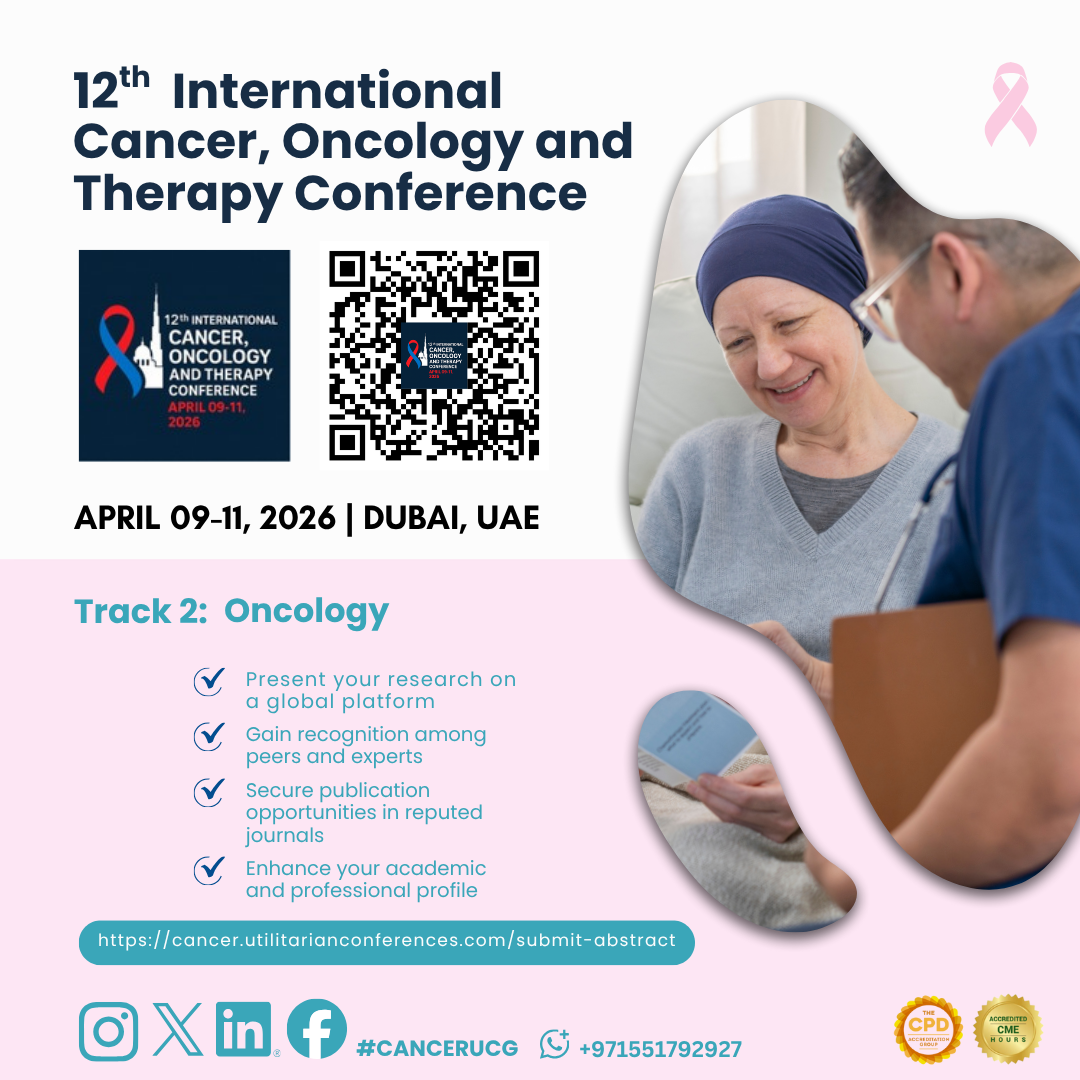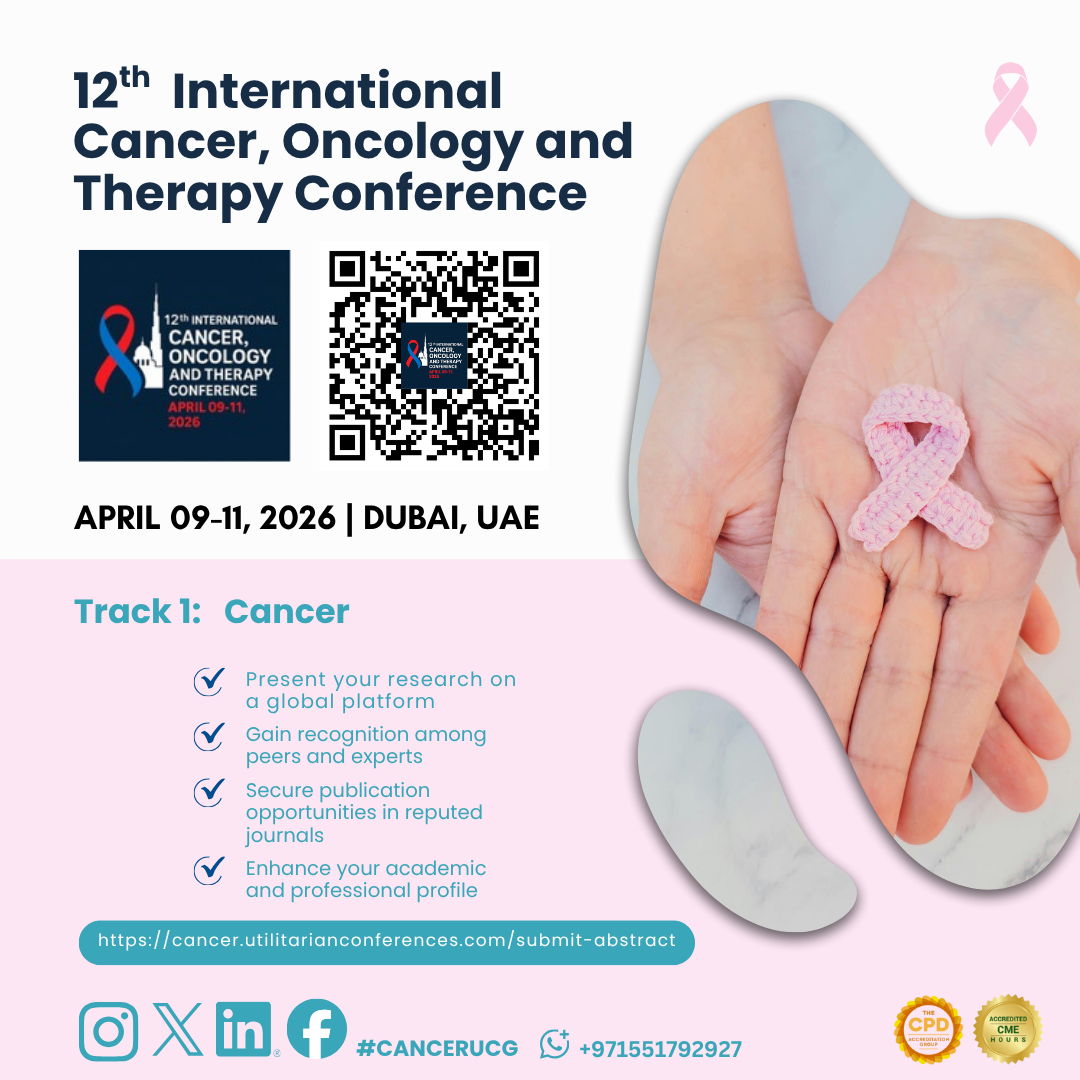



Sub Topics: Cancer, Types of Cancer, Causes of Cancer, Symptoms of Cancer,...

What is Oncology
Definition of Oncology
Understanding oncology as the...

Definition of Oncology
Understanding oncology as the branch of medicine that deals with the prevention, diagnosis, and treatment of cancer.
History and Evolution of Oncology
A brief overview of how oncology has developed over the years.
Types of Oncology
Medical Oncology (chemotherapy, immunotherapy)
Surgical Oncology (cancer-related surgery)
Radiation Oncology (radiotherapy)
Common Cancer Types Studied in Oncology
Breast cancer, lung cancer, prostate cancer, etc.
The Role of an Oncologist
Description of what oncologists do and how they specialize in treating various types of cancer.
Early Detection and Diagnosis
How oncology contributes to identifying cancer at early, more treatable stages.
Advancements in Cancer Treatment
The impact of research and innovation in oncology on survival rates and quality of life.
Multidisciplinary Approach to Care
The collaboration between oncologists, radiologists, pathologists, and other healthcare professionals.
Patient Support and Palliative Care
The role of oncology in supporting patients emotionally and physically throughout the cancer journey.
Public Health and Cancer Prevention
How oncology helps develop awareness, screenings, and policies to reduce cancer incidence.
Contribution to Medical Research
How oncology fuels scientific discovery and clinical trials for better treatments.